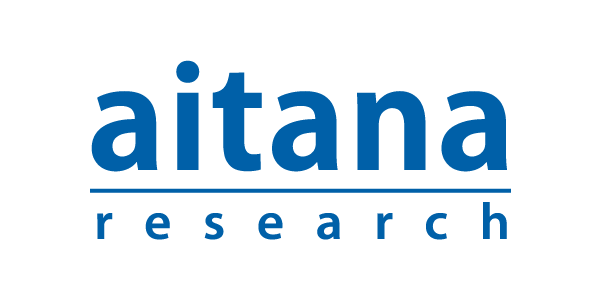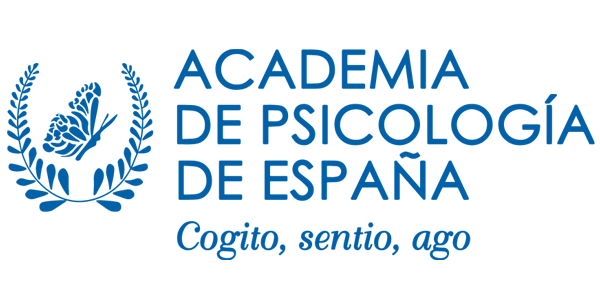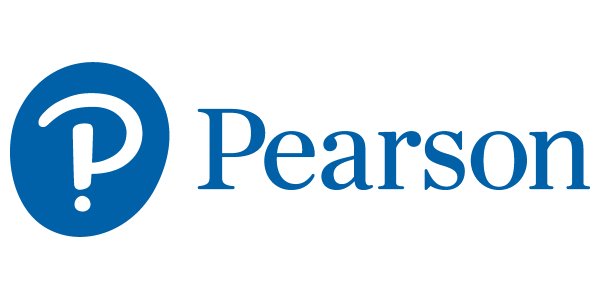ADHD and Risk-Taking Behavior: Associations, Mechanisms, Interventions
Attention deficit/hyperactivity disorder (ADHD) is associated with functional impairment in several domains. This session will focus on one of the domains, risk-taking behavior (RTB), defined as a choice of an option associated with a higher probability of a harmful outcome, such as smoking and drug misuse, unprotected sex, reckless driving, and gambling. ADHD, either as a diagnosis or as a higher level of symptoms, has been linked to a greater engagement in RTB in children, adolescents, and adults. Thus, people with ADHD are at greater risk for the harmful consequences of RTB.
The first part of the session, led by Rachel Shoham, will discuss clinical and economic conceptualizations of RTB. In addition, it will survey measures of real-life RTB, as well as experimental laboratory models of RTB.
The second part of the session, led by Tycho Dekkers, will review the extensive evidence linking ADHD and RTB, focusing on meta-analyses and big-data studies. This review concludes that the association between ADHD and RTB is pervasive, encompassing many types and domains of behaviors both in real life and in the laboratory.
The third part of the session, led by Yehuda Pollak, will examine the clinical, psychosocial, and biological mechanisms of the link between ADHD and RTB. This part will focus on individual differences that explain which people with ADHD are more likely to engage in RTB and contextual factors that illustrate under what conditions people with ADHD are more likely to engage in RTB.
The last part of the session, led by Anouk Scheres, will discuss the clinical implications of the link between ADHD and RTB. In particular, it will review the evidence and suggest novel theory-based directions for interventions aiming to reduce risk-taking behavior in people with ADHD effectively.

Yehuda Pollak
Seymour Fox School of Education, The Hebrew University of Jerusalem, Israel
Yehuda Pollak, Ph.D., is an associate professor at the Seymour Fox School of Education, The Hebrew University of Jerusalem. He received his Ph.D. in neuropsychology from the Hebrew University of Jerusalem in 2003. His research seeks to study impulsive behavior and patterns of maladaptive decision-making, including risk-taking behavior, substance use, delinquency, procrastination, and unhealthy lifestyle, and their relation to attention deficit/hyperactivity disorder (ADHD). For this purpose, he uses the decision-theory conceptual framework, combined with real-life observations and controlled laboratory tasks. The results of his studies have been disseminated in more than 80 peer-reviewed publications and international conferences. He has received funding from the Israel Science Foundation and the Ministry of Science and Technology, as well as several other sources to support his studies on ADHD and decision making.
Organiza


Patrocina

Con el apoyo de


![8CIPCNA-adaptaciones-[Recuperado]](https://www.aitanacongress.com/2022/wp-content/uploads/8CIPCNA-adaptaciones-Recuperado.png)


